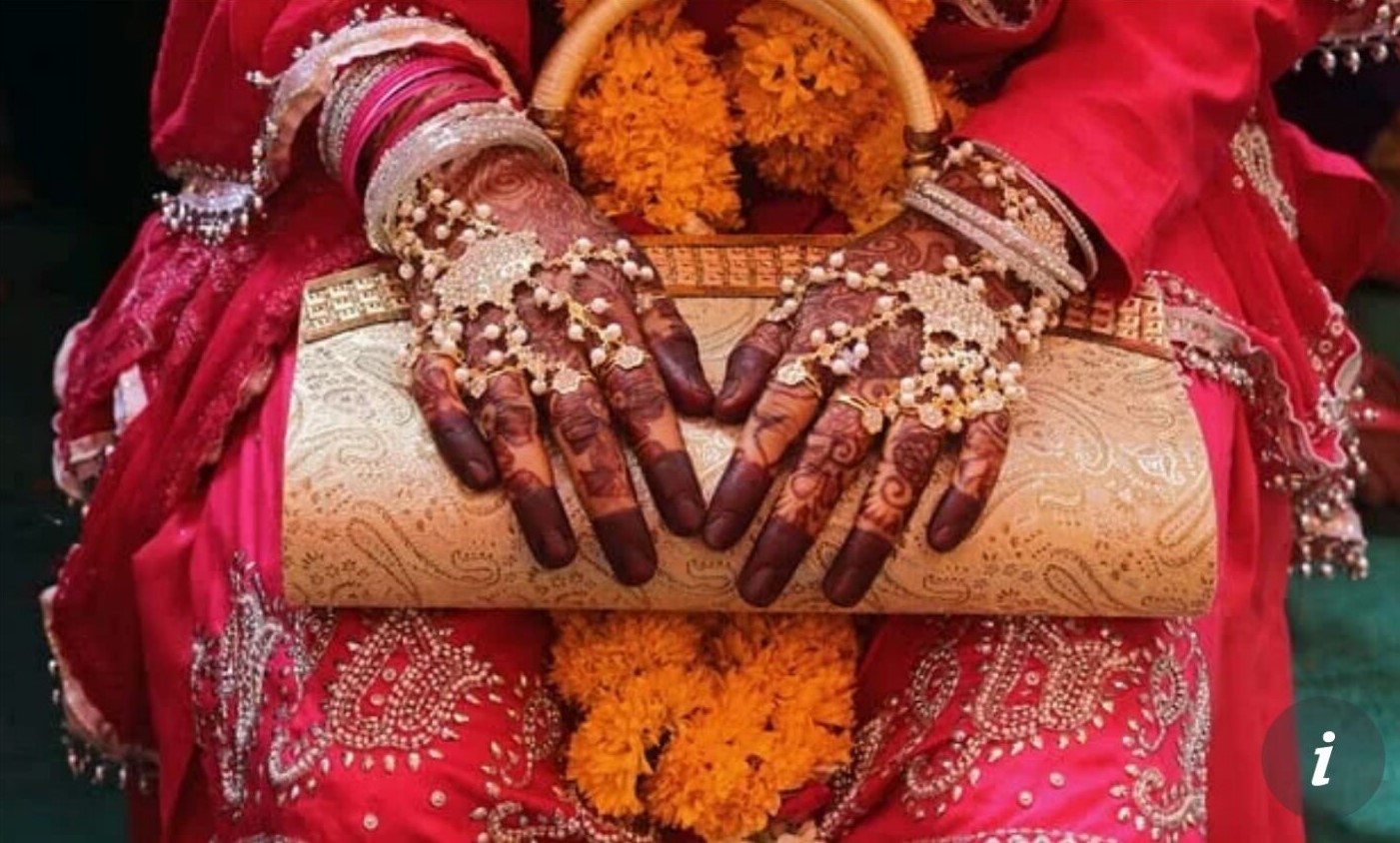بِسۡمِ اللهِ الرَّحۡمٰنِ الرَّحِيۡمِ
In Islāmic tradition, marriage is denoted by the term "nikāh " originally signifying the physical relationship between a man and a woman, but evolving to encompass the contractual agreement that legitimizes the relationship. Within the context of Islām, marriage is perceived as a civil contract wherein both parties provide voluntary and informed consent, thereby imbuing the union with religious significance. While governmental involvement is not obligatory for the validity of the marriage contract, it is often preferred in contemporary societal norms.

Ensuring the validity of a nikāh marriage requires adherence to specific conditions. According to the Hanafi school of jurisprudence, only two essential conditions are indispensable: the mutual exchange of offer and acceptance, and the presence of two witnesses who are sane, Muslim, and of legal age. These prerequisites are considered foundational pillars of the marriage contract. It is imperative that the offer and acceptance be clear and unambiguous, constituting a simultaneous and mutually consistent agreement. Once the offer of marriage is accepted the marriage contract is established. Not only is there no need for the imām to repeat the offer of marriage three times it could potentially be a source of confusion.
Moreover, a valid nikāh marriage establishes mutual rights of inheritance between the spouses. Notably, the consummation of the marriage is not obligatory for the accrual of inheritance rights within Islāmic law. Thus, the validity and implications of a nikāh marriage extend beyond mere contractual formalities to encompass fundamental legal and religious considerations within the Islāmic legal framework.
